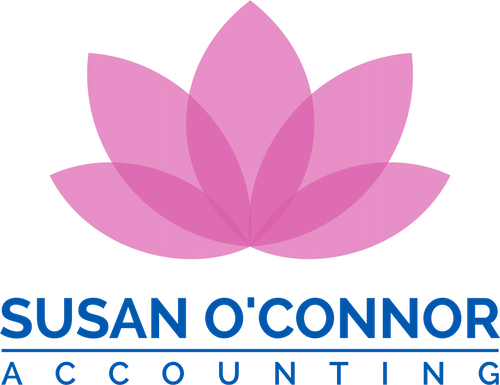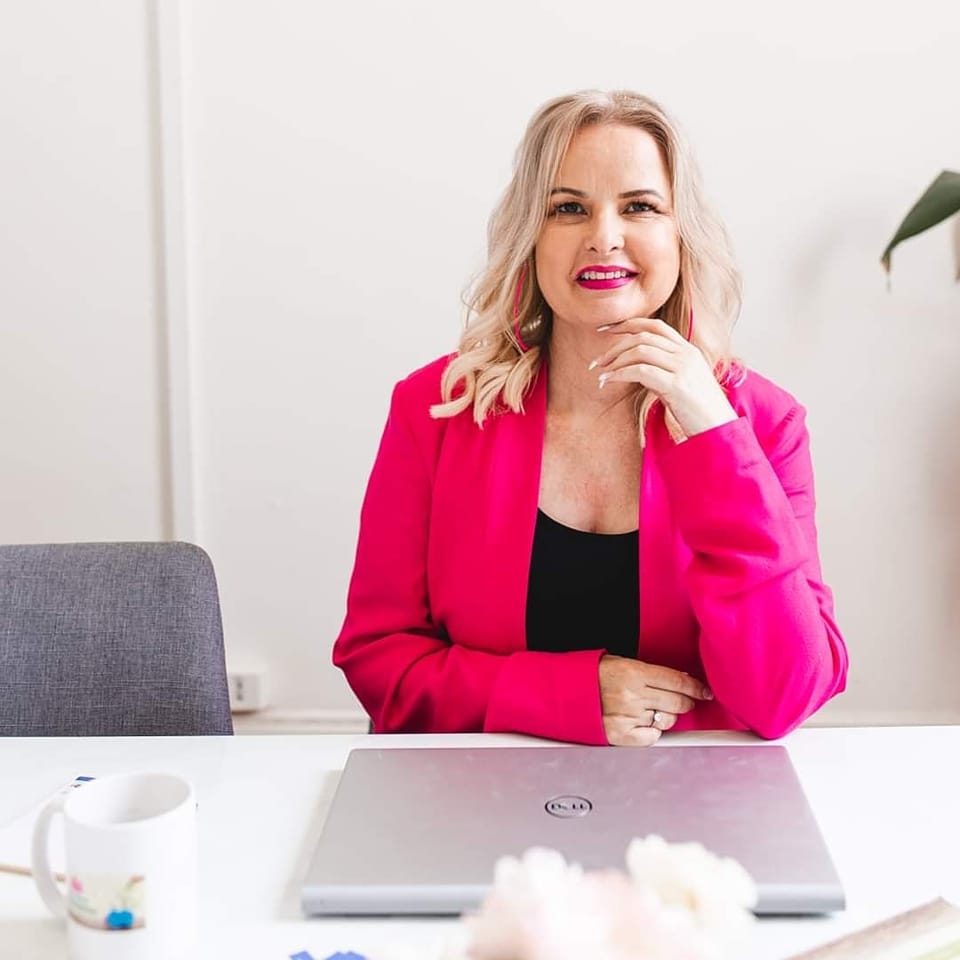In 2021 women are still retiring with 47% less super than men. That’s $90,000 on average and still a sizeable difference.
The reasons for this disparity are well known: documented gender pay gaps exist, many women take career breaks to care for children, and women often have casual or part-time work, and men qualify for the majority of the concessional tax treatment of superannuation.
Add to this all the entrepreneurial women working in their own businesses who haven’t put away any super for themselves – and there is still a great super divide between men and women.
However, there are some simple strategies that women can use to make sure they too are set up for their own retirement.
Simple strategies to get invested in your own super
Get to know your own super
You need to know exactly how much super you have currently and where it is invested. Canstar is an excellent resource. The website publishes information about performance and fees for each super fund and also ranks them. You can compare super funds and there is also useful information such as how to read your super statement.
Consolidate your super funds
Have a look for any lost or unclaimed super through AUSfund and the ATO. If you have multiple super accounts, especially with small balances, you are wasting money on fees. Small differences in fees and performance can add up to a lot in retirement. Consider consolidating your super accounts into the highest-ranking ones. A word of caution though – be aware of any insurance benefits attached to your super before rolling out your benefits. Speak to an adviser to ensure a continuance of cover.
Start contributing early
The earlier you start contributing into super the more time you have to accumulate for your retirement. Even small, regular amounts, if started early, can have a big impact on your retirement.
Business owners – pay yourself super
If you are running your own business, then it is up to you to make your own super contributions. The limit for tax-deductible contributions is $27,500 per year. A common misconception amongst business owners is that they will sell their business when they retire and that will fund their retirement, however, research has found on average self-employed females’ super balances are one-third of female employees – that’s quite a shortfall to make up. You need to put yourself on the payroll and pay your super as you do for all your other employees. This will help with budgeting and cash flow, help you to charge yourself out at a reasonable rate, and you can claim the expense as a tax deduction.
Consider an SMSF
A Self-managed super fund (SMSF) may be a great option if you have the skills to manage it, as it gives you control over where your money is invested. Becoming more involved in your super can also act as a great incentive to contribute more money. Speak to an SMSF expert about whether an SMSF is appropriate for you, as you do need a minimum amount of money to make it cost-effective. We are experts in all things super and SMSFs so speak to us today, for more information you can go to www.susanoconnoraccounting.com.au
Buying business property in an SMSF
A great strategy is to buy a commercial property in your SMSF and then rent the commercial premises to your business at market rent. Your SMSF receives the value of the rent and a great tenant (you!) and you get to be your own landlord. Having property in an SMSF can also be highly advantageous if you make a profit when you sell the property and have to pay capital gains tax. The most tax the SMSF will pay on the capital gain is 10% in the accumulation phase (if held for more than a year), and in the pension phase, the SMSF pays no tax on any capital gains.
Salary Sacrifice strategies
Use salary sacrifice strategies to your advantage by contributing pre-tax dollars into super. You get a tax deduction at your marginal rate, and the SMSF only pays tax at 15%. The limit for tax-deductible contributions is $27,500. This strategy is particularly tax-effective if you are aged 60 and over and a Transition to Retirement Income Stream (TRIS) is set up, allowing you to contribute and then withdraw up to 10% of your member’s balance tax-free.
Career Breaks
If you need to take a career break, keep on contributing. A spouse can make contributions on your behalf with Spouse Tax Offsets and contribution splitting available.
Whilst you are on a career break, take advantage of being on a low income and, if you can, contribute $1,000 into your super. The government will match it with $500. That’s free money! Plus, if you earn less than $37,000, your super gets a refund of the tax paid on any tax-deductible contributions.
As women, we should also be pushing the Government for superannuation reform. Changes such as super-being paid on parental leave would assist in a better outcome for women in retirement. Write to your local member of parliament and let them know that superannuation reform for women is an important issue to you. As a result of advocacy on the 11 May 2021, The Treasurer announced that the minimum $450 per month wages requirement for super guarantee eligibility is to be removed with effect from 1 July 2022. This is a big win for women and means that those with part-time or casual work will have super contributions paid into their super funds.
Changing your attitude and behaviour and getting invested in your own super will reap rewards and set you up for the retirement you deserve. If you follow these simple strategies and educate yourself about your own super, you can ensure your super will be working for you.
Any advice contained in this article is general advice only without reference to your individual circumstances or objectives. Always consult a Licensed Adviser before acting on any advice.


